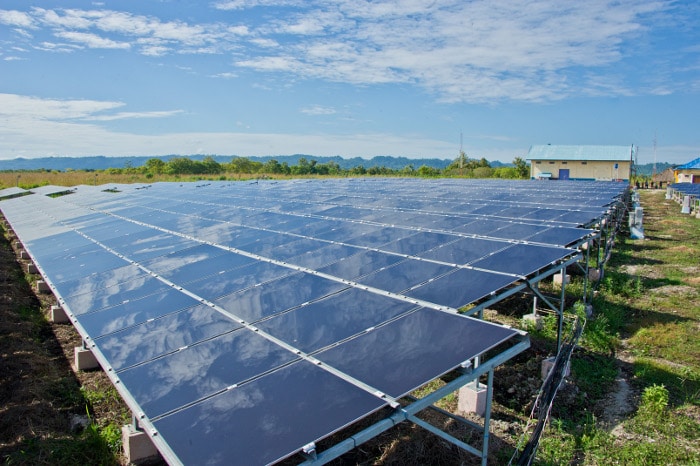Husk Power Systems, a Bihar-based company operating renewable energy-powered mini-grids in Asia and Africa, has announced that it registered a 90% growth in revenue in 2020 over the previous year, while more than quadrupling its commercial business customers.
Husk Power ended 2020 with more than 5,000 small business customers, a 300% growth over 2019. The company expects that number to surpass 12,500 over the next 12 months and record a 125% revenue growth in 2021.
“In the face of a pandemic and a global economic downturn, Husk Power and its customers not only weathered these challenging times but saw record growth that positions the company for an even stronger year ahead,” said CEO Manoj Sinha. “In 2021, we are forecasting 125% revenue growth and expect to become the first mini-grid company to become operationally profitable on an annual basis.”
Sinha announced that Husk would be raising $50 million in equity and $60 million in debt this year to continue annual growth of 100% in 2022 and beyond.
Husk Power operates more than 100 mini-grids in India, Nigeria, and Tanzania, and is gearing for a ten-fold jump in its assets base to 1000.
The minigrids have an average capacity of 50 kW, which can power multiple productive loads for a range of small businesses, including retail shops, factories, agricultural processing and cold storage, water filtration and schools, and households.
Board Chairman Brad Mattson stated: “Husk proved in 2020 that it could prosper no matter how negative the business environment. It has already grown its asset base by 10x in just over two years and is ready to scale another 10x to 1,000 mini-grids.”
India plans
In India, Husk Power mini-grids have a capacity of over 5 MW and are located in Bihar and Uttar Pradesh. The company is investing heavily in the Indian market and sees huge growth potential, especially around interconnecting the mini-grids to the national grid to improve last-mile power distribution and service.
Husk is currently developing a pilot with the national grid in Nigeria. Nigeria’s Electricity Regulatory Commission Mini-Grid Regulation 2016 provides a blueprint in the event the main grid reaches isolated mini-grids. Husk aims to use the Nigerian policy blueprint to prove their technical capabilities and demonstrate the ability for the two grid systems to buy and sell power.
Based on the results, Husk plans to build upon the pilot projects and develop strategic partnerships with India’s Discoms that would allow Husk to integrate with large utilities.
This content is protected by copyright and may not be reused. If you want to cooperate with us and would like to reuse some of our content, please contact: editors@pv-magazine.com.









By submitting this form you agree to pv magazine using your data for the purposes of publishing your comment.
Your personal data will only be disclosed or otherwise transmitted to third parties for the purposes of spam filtering or if this is necessary for technical maintenance of the website. Any other transfer to third parties will not take place unless this is justified on the basis of applicable data protection regulations or if pv magazine is legally obliged to do so.
You may revoke this consent at any time with effect for the future, in which case your personal data will be deleted immediately. Otherwise, your data will be deleted if pv magazine has processed your request or the purpose of data storage is fulfilled.
Further information on data privacy can be found in our Data Protection Policy.